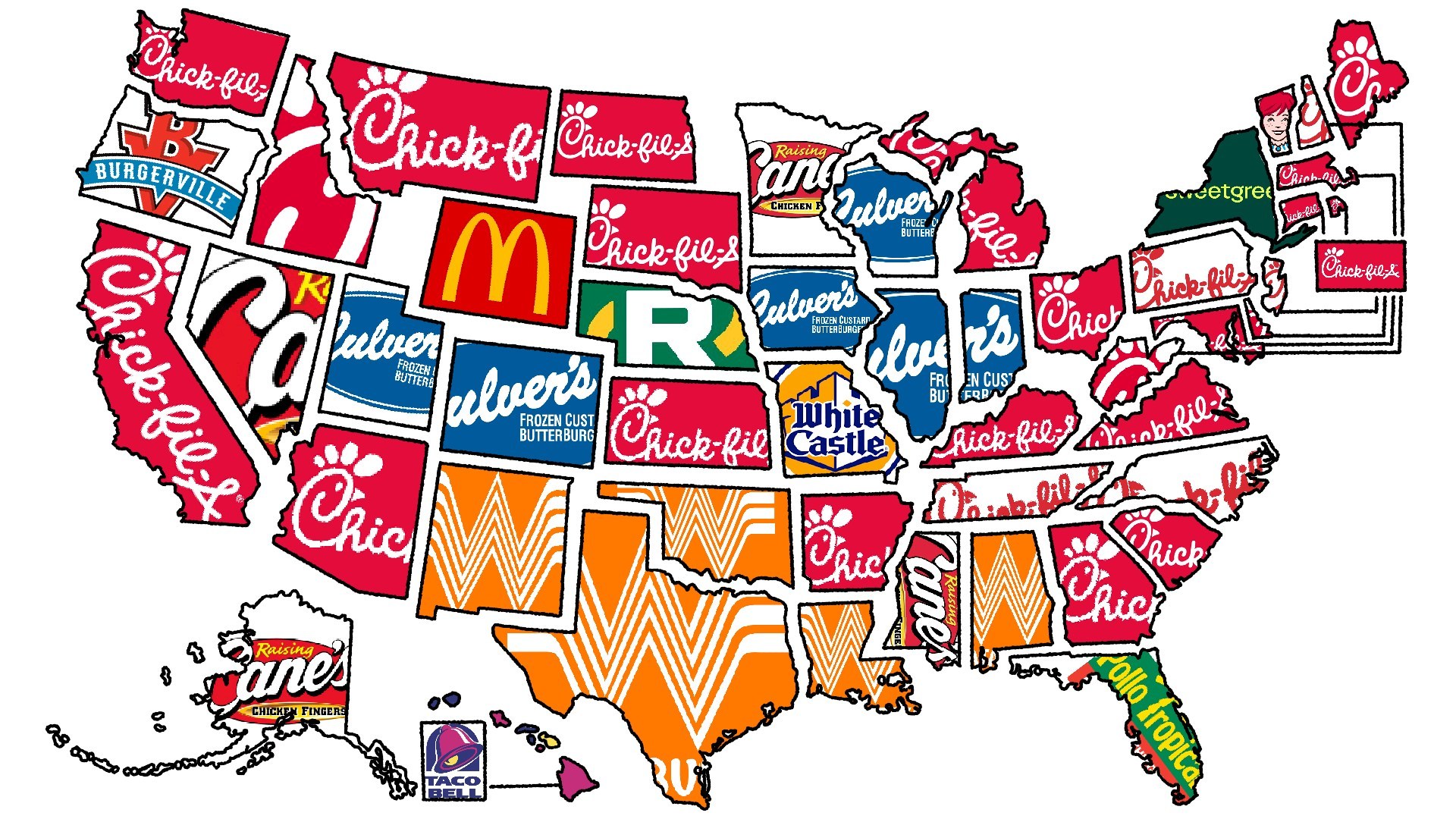In the realm of food safety and quality assurance, precision is paramount. Every step in the production process, from sourcing ingredients to final packaging, requires meticulous attention to detail. One indispensable tool in ensuring this precision is the Mill Test Report (MTR). In the United States, where food safety regulations are stringent and consumer expectations are high, MTRs play a pivotal role in upholding standards and guaranteeing the quality of food products.
Understanding Mill Test Reports:
Mill Test Reports, also known as Mill Certificates or Material Test Reports, are documents issued by manufacturers providing essential information about the composition and quality of materials used in production. In the context of the food sector, MTRs detail crucial data regarding ingredients, such as their origin, chemical composition, and adherence to regulatory standards.
Importance in the Food Sector:
- Quality Control: MTRs serve as a cornerstone of quality control measures in the food industry. By documenting the specifications and properties of ingredients, they enable producers to verify that materials meet the required standards for safety and purity.
- Compliance with Regulations: In the USA, food safety regulations, including those set forth by the Food and Drug Administration (FDA) and the United States Department of Agriculture (USDA), are stringent. MTRs provide manufacturers with the necessary documentation to demonstrate compliance with these regulations, safeguarding public health and consumer confidence.
- Traceability and Transparency: With increasing concerns about food origins and production practices, consumers demand transparency from food manufacturers. MTRs offer a transparent view of the supply chain, allowing stakeholders to trace the journey of ingredients from source to finished product.
- Risk Mitigation: In an industry where contamination or adulteration can have severe consequences, proactive risk management is essential. MTRs empower food producers to identify and mitigate potential risks early in the production process, safeguarding against product recalls, legal liabilities, and reputational damage.
- Supplier Evaluation and Selection: By scrutinizing MTRs, food manufacturers can evaluate the reliability and consistency of their suppliers. Detailed documentation of material properties enables informed decision-making when selecting partners, fostering long-term relationships based on trust and accountability.
Case Studies:
- Salmonella Outbreak Prevention: In 2018, an outbreak of Salmonella linked to contaminated eggs resulted in over 200 illnesses across the United States. Prompt investigation revealed that the eggs originated from a supplier with inadequate quality control measures. Implementation of stringent MTR protocols could have potentially prevented this outbreak by detecting the contamination at an early stage.
- Ensuring Gluten-Free Integrity: For individuals with celiac disease or gluten intolerance, consuming gluten-free products is essential. MTRs documenting gluten content and cross-contamination measures enable manufacturers to certify products as gluten-free with confidence, meeting the needs of a growing consumer demographic.
In the complex landscape of the food industry, where safety, quality, and trust are non-negotiable, Mill Test Reports emerge as indispensable assets. By providing comprehensive documentation of material properties and ensuring compliance with regulations, MTRs uphold the highest standards of quality assurance in the production of food products. As consumers continue to prioritize transparency and accountability, the role of MTRs in the USA food sector remains not only vital but increasingly indispensable. Embracing the power of MTRs is not merely a regulatory requirement but a commitment to excellence and integrity in nourishing the health and well-being of consumers nationwide. Moreover, with the advent of Mill Test Report automation technologies, the food industry stands to benefit from increased efficiency, accuracy, and scalability in managing and analyzing data, thereby further enhancing safety, quality, and trust across the supply chain.



